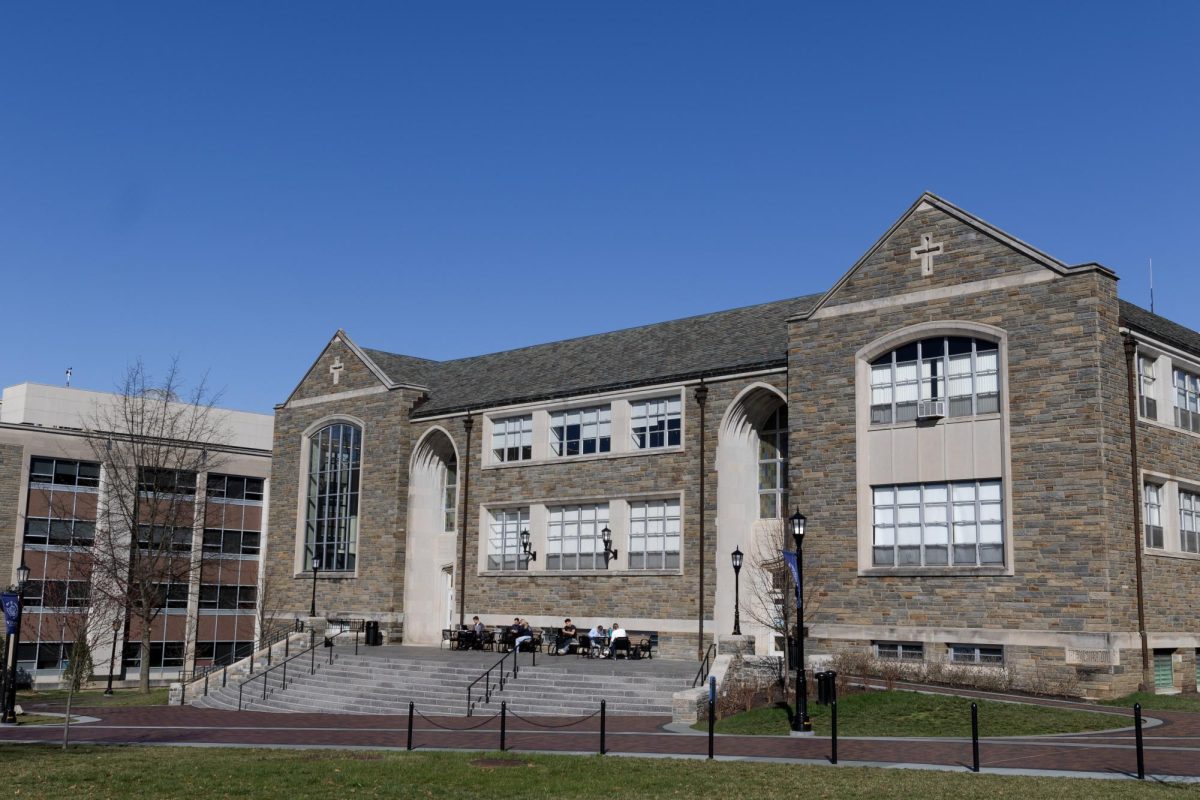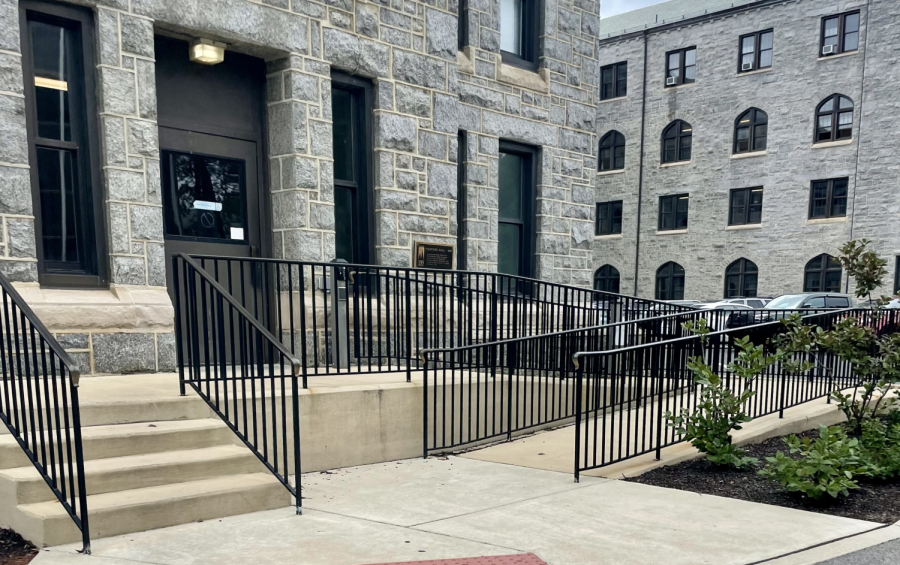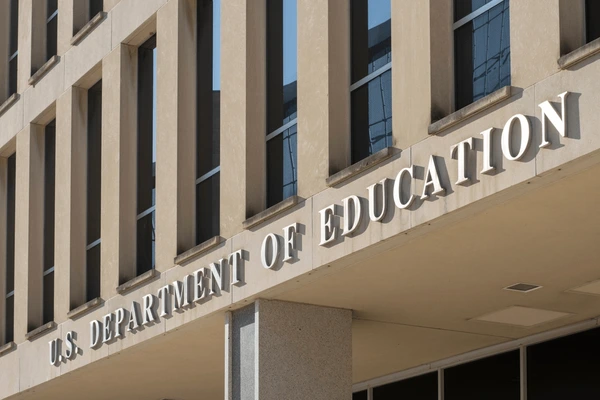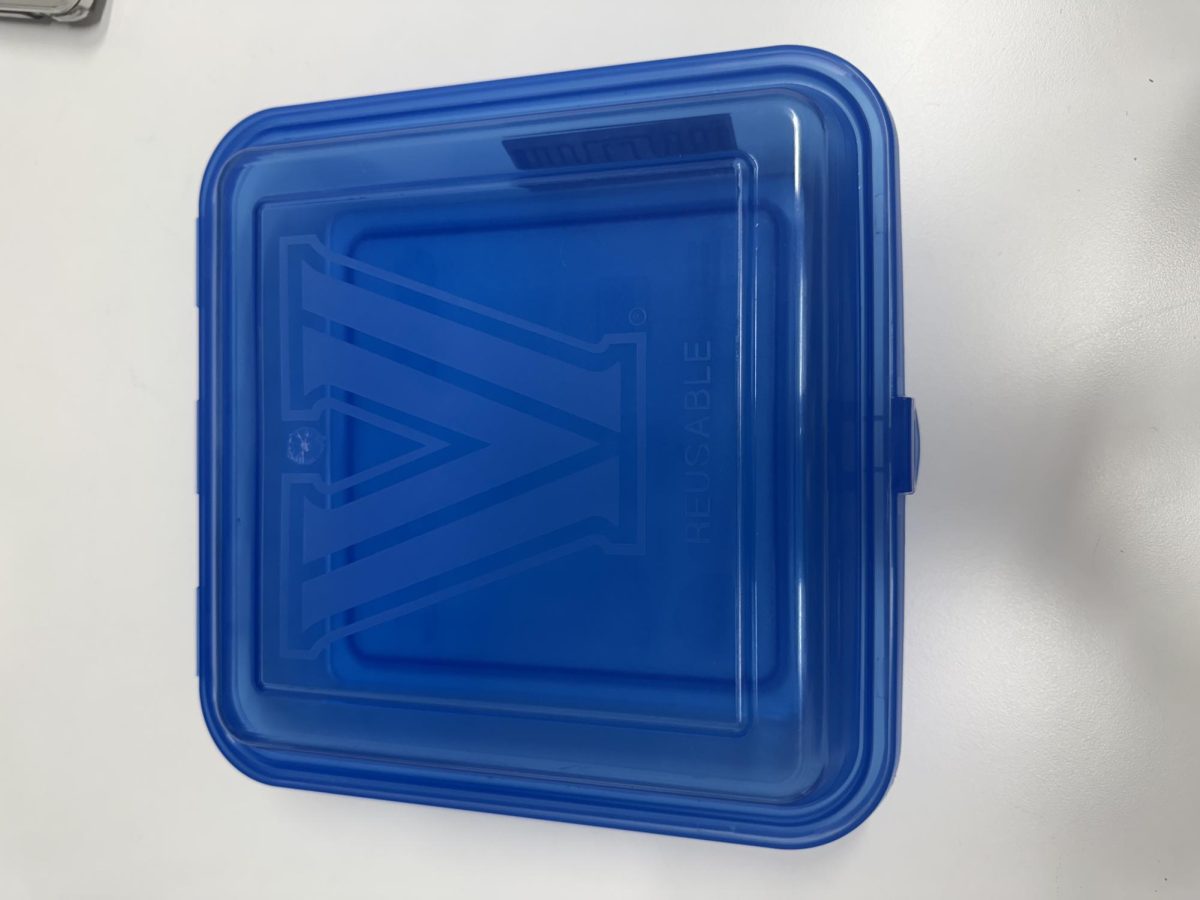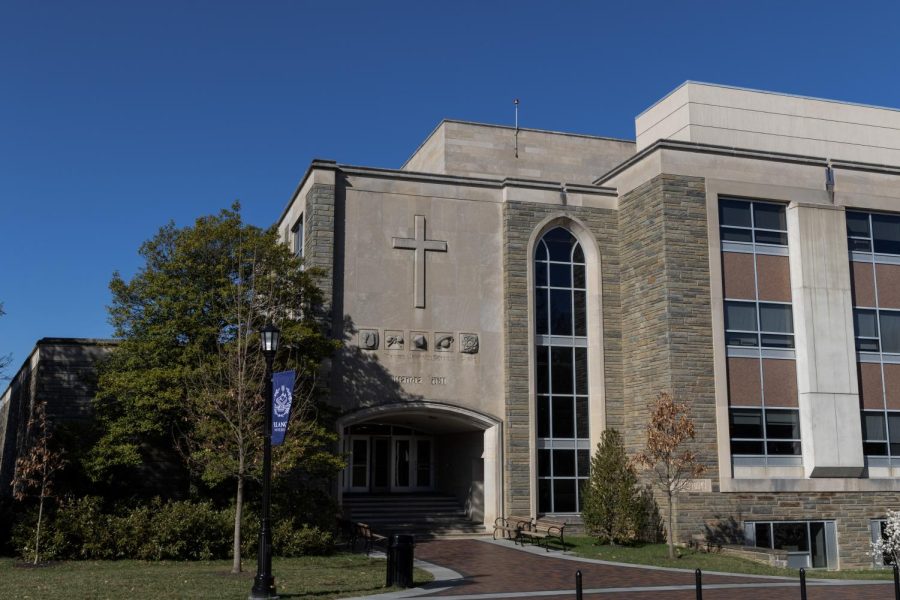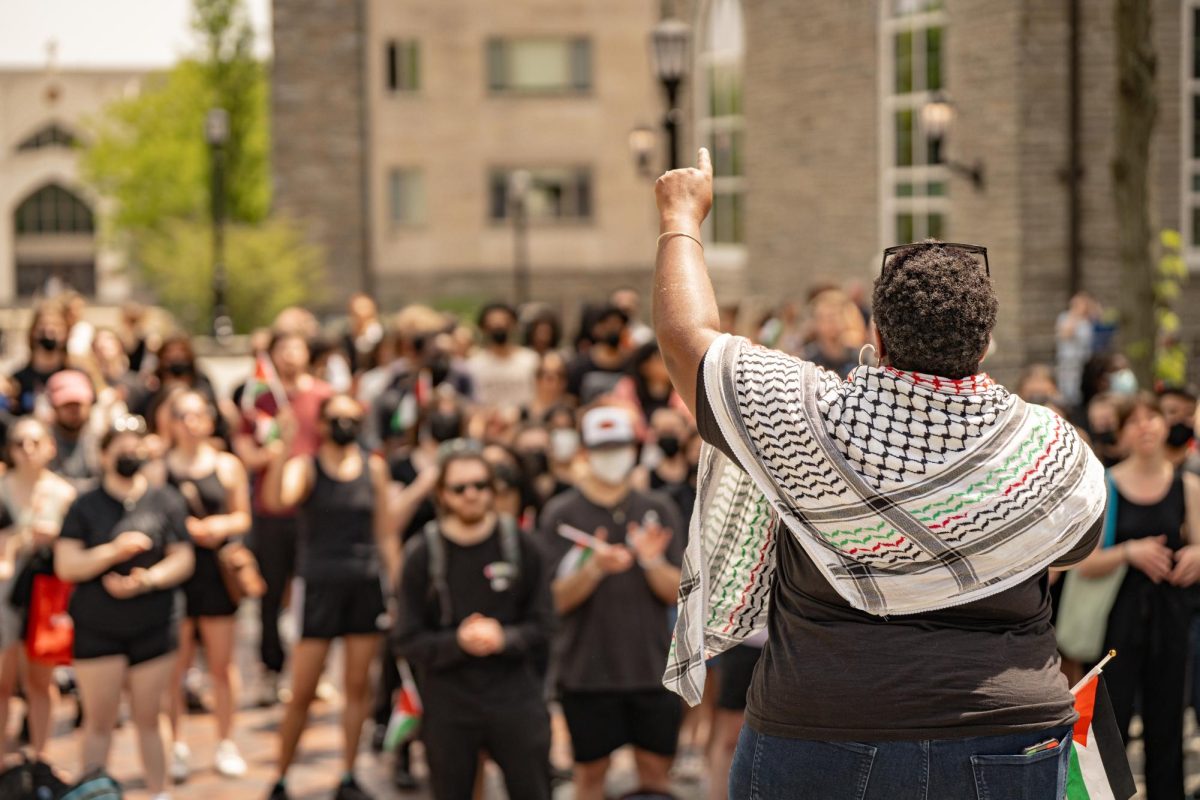The Villanova Center for Speaking and Presentation is implementing new changes for the upcoming school year.
The Center opened in 2017 as the idea of Communication Performance Studies Professor, Heidi Rose, Ph.D. It is currently housed in Old Falvey in Room 301. Students can attend the Center for Speaking and Presentation to learn tips on how to manage speaking anxiety, audience analysis and design visual aids.
Juliana Studer, Assistant Director of Tutoring Services, shared her experience of overseeing the Center for Speaking and Presentation.
“You can come here for support in any kind of speaking that you might be preparing for,” Studer said. “Maybe you are preparing for a formal presentation of your research as a final project in your class, or maybe you’re giving a speech at a friend’s wedding in a couple of months, and you’d like to brush up on those speaking skills. So anytime you’re going to have to present yourself verbally. We are here to support what that technically looks like in a one hour long private tutoring session might be just working through kind of the sources of speaking anxiety.”
Communication Department graduate students currently serve as the tutors at the Center for Speaking and Presentation.
“I think it is hard for students to look for help when it comes to public speaking because some people view it as really embarrassing, just willing to accept that it is something they won’t get better at and will have to get a bad grade,” current Center for Speaking and Presentation tutor Milan Hall said. “We try to meet students where they are and get their work to the best it could be. It’s a judgement free space.”
There are typically two or three students available at any given time to tutor. The Center is planning to modify the current schedule and availability of tutors to accommodate for the undergraduate class schedule.
“From the student services side, we would like to provide a service that’s more applicable to the undergraduate day student’s schedule,” Studer said. “So, our graduate student tutors have their courses in the evenings, but typically, our undergraduate students want to come for their sessions in the evenings, because we tend to have our classes earlier in the day. So that has, at times, been a little bit tricky to manage, and we think that by inviting undergraduate peer tutors for the first time to be a part of the program in the fall, we will then open that up and have more staff members available in those evening hours to work with our speakers.”
In collaboration with Communication Department Chair, Thomas Ksiazek, Ph.D. and Communicate Associate Professor, Amy Way, Ph.D., the Center for Speaking and Presentation created a recruitment plan for undergraduate tutors.
“People feel more comfortable with peer tutors because they are going through the same things as them,” Hall said. The tutors could give the students more insight if it was a class that they have taken or a subject that they have knowledge on. I’m excited because the new undergraduate tutors can bring in a new perspective or tutoring style.”
Prospective tutors are required to be declared Communication majors, have taken the Public Speaking course, and be nominated by Communication Department faculty members.
“We’re going to have monthly training sessions that are run by our full graduate assistant in the program,” Studer said.
Graduate tutors are required to attend a three-day training course to review tutoring techniques and best practices. The new undergraduate tutors will be required to attend frequent training sessions to continue to develop their knowledge and tutoring strategies.
The Center for Speaking and Presentation will also be adding an additional change to its scheduling format.
We’re also going to move to a demand-driven model,” Studer said. “We’d like to restructure so that students can book all the way up to 24 hours before the appointment time. The tutor only has to show up for that scheduled time if somebody has booked an appointment in advance, and that way those other hours can be put towards developing the many areas of workshops that are requested from our center.”
This update will allow for a greater emphasis on tutor training and workshop planning. For example, the Center for Speaking and Presentation hosted a workshop as part of the Center of Health Promotion’s “Joy of Missing Out” Initiative in the fall.
“We had about 45 attendees at this workshop,” Studer said. “It was just about how to make small talk work for you and putting your phone away so you can meet a new friend.”
Looking forward to the new Falvey Library at Vic Maggitti Hall, the Center for Speech and Presentation will have a new dedicated space for future speaker tutees.
“When we move into the new library, there will be a tutoring center covering lots of subjects, and then there will be two private conference rooms off that large tutoring space,” Studer said. “They’ll be decked out with podiums and with all the presentation gear that you might need. You’ll be able to close the door and not have the intervening noise from all the other tutoring going on in the space.”
The Center for Speaking and Presentation is available for students to make an appointment whether they are seeking advice on a specific assignment or just want to improve their public speaking skills.

